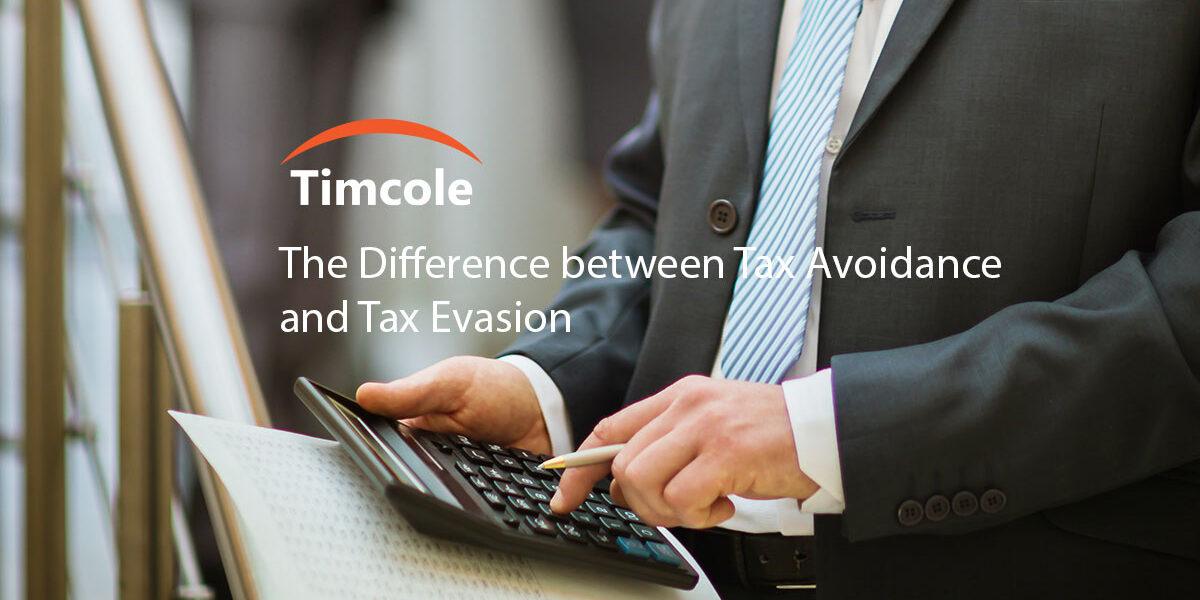Tax avoidance and tax evasion are 2 different terms. While they may sound to be the same, their concepts are actually quite different from one another. Basically, while tax avoidance is legal, tax evasion is not.
📚 Start with the basic. Read the overview of Singapore taxation.
Tax avoidance arrangements typically involve arrangements that are contrived, artificial, or have little to no commercial substance. The main purpose of these arrangements is to obtain a tax advantage that is not intended by the Parliament.
On the other hand, tax evasion is an illegal offence that involves the reduction of one’s tax liability or the obtainment of tax refunds or credits through illegal actions. These illegal actions include means such as failing to declare taxable income, filing a claim for either a non-existent or a fictitious expense, and more.
🛑 Even late filing or payment to IRAS can lead to penalties. Read the penalties involve of late submission for GST returns
Anti-Avoidance in Singapore
The general anti-avoidance provision can be found in Section 33 of the Singapore Income Tax Act. The Controller of Income Tax has the right to either completely disregard or make any other relevant adjustments to arrangements that are carried out with tax avoidance in mind.
Bonafide commercial transactions that are carried out with pursuance of any tax arrangement avoidances in mind are not surrounded by the elements of Section 33 of the Singapore Income Tax Act. Neither individuals nor companies that have been granted tax concessions or exemptions under specific tax provisions will not be affected by Section 33. However, this is only the case if there is no contrivance or artificiality that could exploit the concessions or exemptions that are made by the Parliament.
The examples of Section 33 of the Singapore Income Tax Act can be categorized into the following categories:
- Round-tripping or circular flow of funds
- Setting up more than one entity for the sole purpose of obtaining a tax advantage
- Attribution of income that is not aligned with economic reality
- Changing the business entity form for the sole purpose of obtaining a tax advantage
As you can see, Section 33 only deals with tax avoidance schemes that are designed to avoid tax. This does not include means of providing housing accommodation to employees, the placement of monies in a local bank or a bank that is not located in Singapore, and the non-remittance of foreign income. The mentioned actions can not be subjected to Section 33(1) powers of the Controller of Income Tax.
📖 Learn how to file corporate tax the proper way. Read our guide on Singapore corporate tax and how to complete Form C and Form C-S.
Legal Tax Planning in Singapore
Legitimate tax planning should always stay within the parameters of the law in Singapore. This means that transactions should always be carried out with commercial reasons in mind.
🔖 Read the tips of effective tax planning for Singapore companies.
🏢 Intending to set up a new company? There are many tax saving schemes for new setup companies.

Here at Timcole, we work closely with our clients to identify tax strategies that work best for them.
Feel free to contact us to learn more about what we could do for you.








